Review: ‘Mortal Kombat’ (2021) – Earthrealm Is Doomed If This Is The Best It Has To Offer
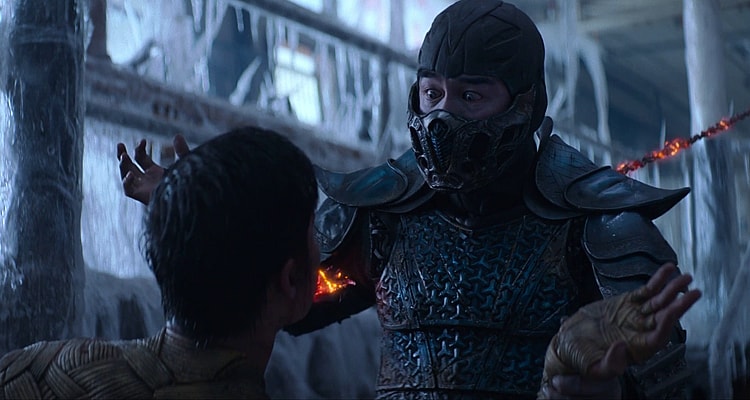
What’s your favorite thing about Mortal Kombat?
Given how the series has enjoyed a reliable level of popularity since its 1992 arcade debut, I’d expect the answers to that question to be as numerous as the amount of games in the franchise itself (twenty-four if you include ‘updated’ releases).
Related: Mortal Kombat Reboot Screenwriter Teases A Trilogy, Provides Broad Details Of His Vision
Most would likely point to the series’ gratuitous violence, which helped establish Mortal Kombat as the world’s most popular Western fighting game series. Some would probably point to the series’ story, praising the more plot-focused direction the video games took following the series’ soft reboot in 2011’s Mortal Kombat.
Others still may cite the characters themselves, as the series’ expansive roster provides a variety of character types. each with their own individual personalities and idiosyncrasies.

However, no matter what aspect of the franchise one enjoys, I can almost guarantee that Mortal Kombat’s latest theatrical outing will leave them disappointed, as instead of “[respecting] the fans and the material” like director Simon McQuoid promised, the film delivers a poorly-slapped together martial arts film that almost entirely disregards the series’ identity in favor of winks to fans and embarrassingly generic story elements intended to help the film reach a larger audience.
[Warning: This article contains spoilers for Mortal Kombat (2021)]

The basic plot of Mortal Kombat is pretty straight-forward. Following a brief opening fight between the men better known as Sub Zero and Scorpion, Mortal Kombat begins with Outworld standing on the precipice of conquering Earthrealm following numerous victories in a deathmatch tournament known as ‘Mortal Kombat.’
Hoping to secure his victory by any means necessary, Outworld ruler Shang Tsung orders his followers to seek out and destroy Earthrealm’s champions, all of whom are denoted by a mysterious ‘Mortal-Kombat-logo’ birthmark (yes, seriously).

This includes the film’s original character, Cole Young, a former MMA champion who bears the aforementioned birthmark.
Answering Raiden’s call to arms, Cole soon joins Mortal Kombat mainstays Jax, Sonya, Liu Kang, Kung Lao, and Kano, in training to beat back the forces of Outworld. However, unable to awaken his ‘arcana,’ a unique power only available to those with the dragon mark, Cole opts to leave the team and return to his family on Earth.
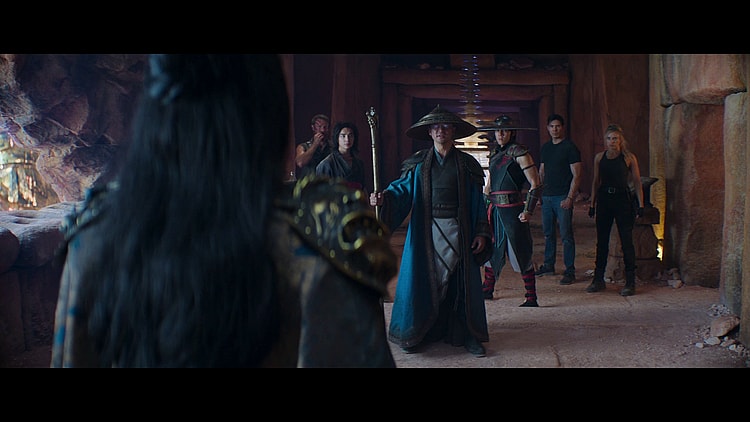
Related: Here’s The Mortal Kombat Audience Scores
Following Cole’s departure, Shang Tsung leads yet another assault on Raiden’s temple, sending his champions to kill Earthrealm’s defenders before they can take part in the tournament. After an attack by Goro awakens his arcana, Cole returns to the others, suggesting that they split-up in order to take out Shang Tsung’s forces.
A few brief fights later, and all but one of Outworld’s champions lay dead: Sub Zero, who proceeds to abduct Cole’s wife and daughter in order to lure Cole into a one-on-one confrontation.

Having been successfully provoked, Cole rushes to defeat Sub Zero only to quickly find himself overwhelmed by the cryokinetic ninja’s power. Facing defeat, Cole is soon joined by his ancestor, Scorpion, who is summoned when the ancient rope-dagger he once used is splashed with the blood of his descendant.
The two ultimately defeat Sub Zero, with Scorpion using the flames of Hell to put an end to his nemesis once and for all.
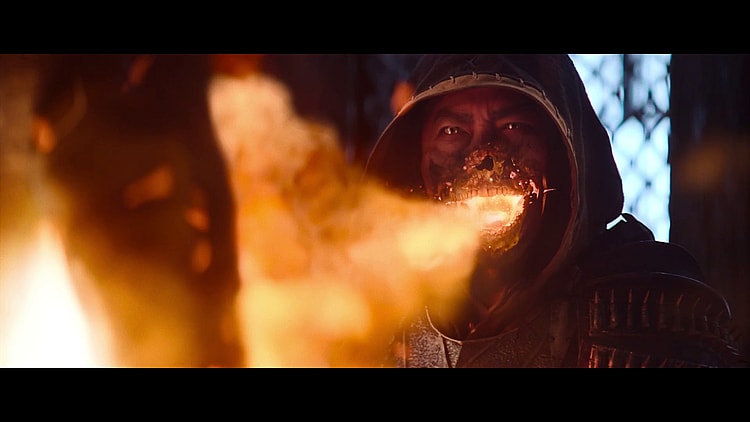
In the aftermath, Shang Tsung departs, left with no choice but to participate in Mortal Kombat as planned.
Meanwhile, hoping to amass as many champions as possible to fight against Outworld in the upcoming tournament, Raiden sends the current Earthrealm Warriors on a journey to recruit new fighters. As the film ends, Cole reveals that he’s headed to Hollywood to find Johnny Cage.

If you’re thinking “Wow, that sounds pretty generic, detached from Mortal Kombat lore and full of terribly written plot points,” well, you’re absolutely correct. It is.
There’s no way around it: Mortal Kombat is a bad film. Not only that, but it’s a film so bad that I would genuinely argue that WB’s advertising gimmick of releasing the first seven-minutes for free was an outright scam, as that scene is so much more coherent, interesting, and outright better than the rest of the film that it might trick someone into paying money to see it.

Related: Mortal Kombat Director Reveals Who Is The Key Villain Of The Film
As with the worst film adaptations, whether they be adaptations of literature, comic books, or video games, Mortal Kombat sacrifices a lot in its transition from console to the silver screen, throwing away nearly everything that makes the series unique in favor of appealing to a wider audience.
Take for instance, Reptile. In the games, he’s portrayed as a humanoid-lizard-ninja with his own unique moveset full of acid-bubbles and slow-moving balls of green energy, but the film chooses to shy away from this absurd concept rather than embrace it.
Instead, he is portrayed as little more than a generic lizard-person who doesn’t even get to use his acid spit, despite heavy emphasis being placed on his spit being acidic. Potentially more palpable to wider audiences, but overall devoid of the spirit of Mortal Kombat.
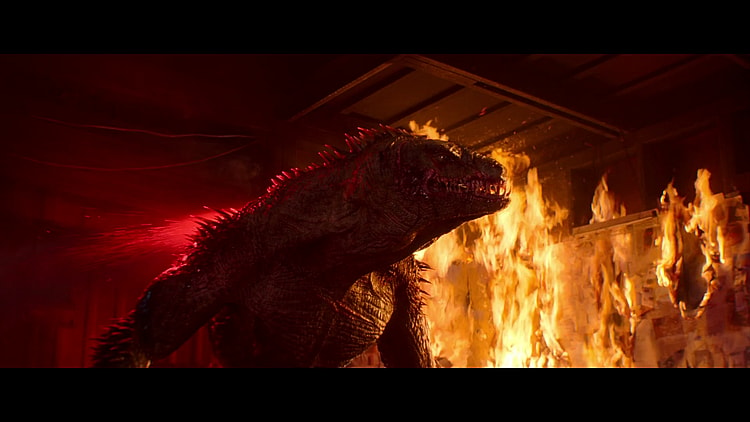
Yet, nowhere is this generic feeling better embodied than in the film’s protagonist, Cole.
I cannot tell you how many times I found myself asking “Why is he even here?”, as there’s absolutely nothing interesting nor unique enough about him that his role couldn’t have been better filled by an established Mortal Kombat character such as Stryker or, you guessed it, Johnny Cage.
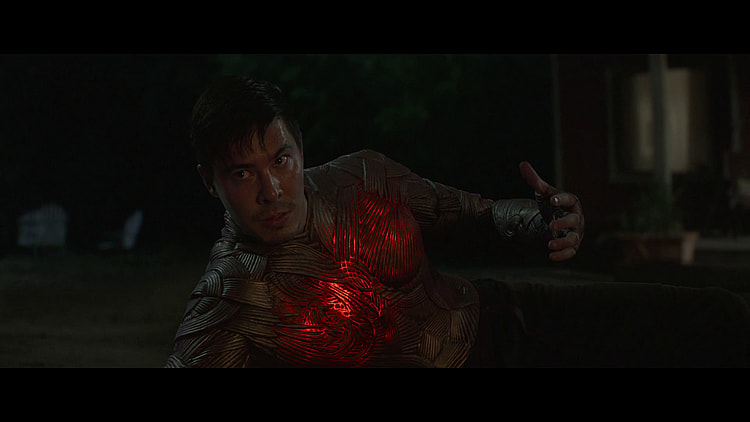
Related: Mortal Kombat Producer Attempts To Clarify Johnny Cage Comments
From his backstory to his arcana, which results in nothing more than some armor and a pair of tonfas, Cole is bland, useless, and boring.
In fact, I’m positive he’s also responsible for two of the worst concepts in the film, the Dragon Mark and the Arcanas, with the former being created solely to explain why the audience stand-in would join the tournament against his will and the latter to give him a super power without having to devote any time to having him train to earn it.

Without the existence of Cole, the introduction of these concepts doesn’t really make a lot of sense. As seen throughout the series, Fighters weren’t chosen at ‘random,’ but rather directly by Raiden, while every character had a specific explanation for their abilities.
For example, Sub-Zero’s cryomancy was a genetic trait, while Sonya’s energy rings, Kano’s laser, and Jax’s arms were explained by technology.
Given this established lore, Cole is the only logical explanation I can think of as to both why the movie felt the need to answer questions no one was asking, and why the answers feel so foreign to the very idea of Mortal Kombat itself.
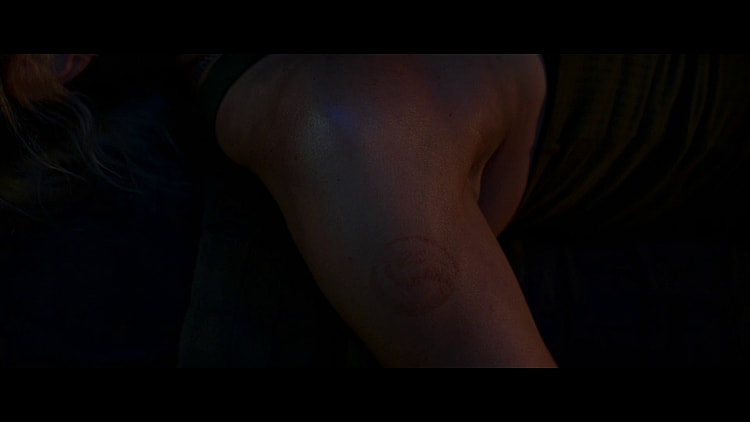
However, even if one were to put these issues with the film’s main character, main plot device, and main power mechanic (yikes!) aside, Mortal Kombat would still stand as a master class in poor writing.
Dialogue, particularly Cole’s, feels stilted and awkward, references to the video games are so egregiously shoehorned in that Ed Boon may as well be sitting next to you nudging you going “Ehhh? Ehhhhh?”, and events feel as if they happen simply because ‘that’s what happens in a movie.’

This last aspect is best seen in how “things just happen” when the plot needs to move forward. After Sonya brings Cole back to her hideout, Reptile just happens to finally discover the location of her secret base.
After a fight in the desert, Liu Kang just happens upon Cole, Sonya, Jax, and Kano in the desert, offering to guide them to Raiden’s temple. After finding himself outmatched by Sub-Zero, a splash of Cole’s blood just happens to be the key to summoning Scorpion when he needs help the most.
All of these moments feel disconnected from the events of the film, and again, as if they only happen because ‘that’s how movies work.’
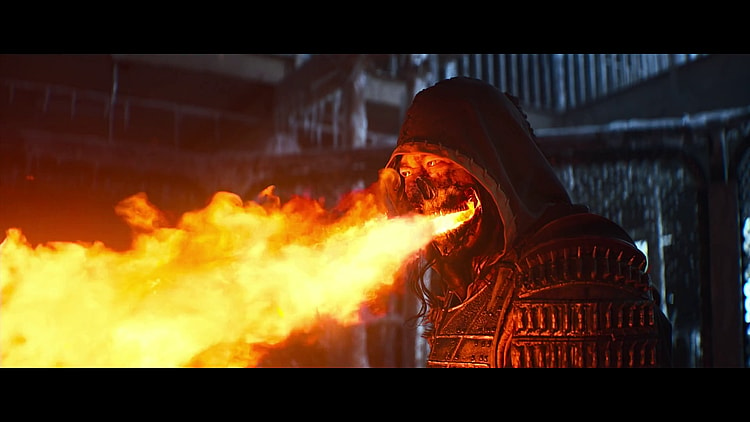
The most offensive example of this slapdash style of writing is in the film’s climax, when Cole rallies the Earthrealm warriors to surprise attack Outworld’s fighters.
As soon as Cole comes up with this plan, Raiden is immediately able to send each warrior to the exact position they need to be in in order to have the upper hand over their opponent, wherein it takes the heroes roughly five minutes to dispatch all of their supposedly powerful enemies.

Not only does it feel exceptionally lazy, but this sloppy method of “wrapping things up” undercuts the film’s entire motivational backbone.
I mean, if Outworld can be defeated that easily, why was there any fear of them taking over Earthrealm in the first place? Why would anyone need to worry about standing toe-to-toe with their opponent when Arcanas are essentially one-hit-kos? Why any of this movie?
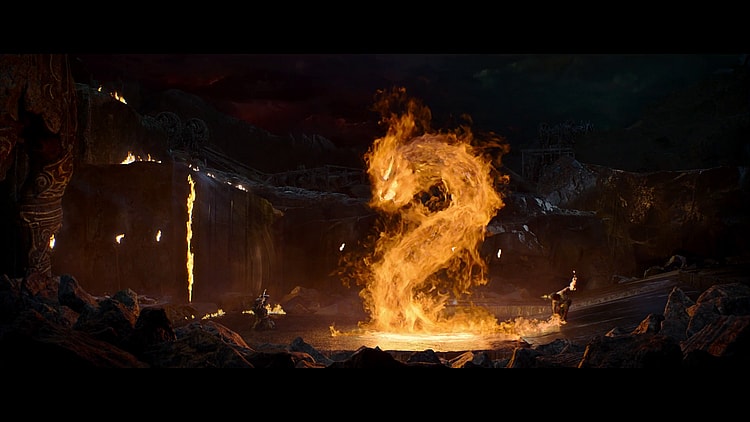
Worst of all, as it permeates every aspect of the production, is that the so-called ‘respect’ towards the games boasted about by McQuoid is almost entirely superficial.
Yes, the characters are properly named and their costumes and special attacks are for the most part accurate to their in-game counterparts, but this visual accuracy is about as far as that respect to the franchise goes.
The entire film feels like someone took a completely unrelated martial arts script and threw a Mortal Kombat costume over it. In fact, the Mortal Kombat tournament itself doesn’t even make a proper appearance in the film, instead being teased for the sequel.
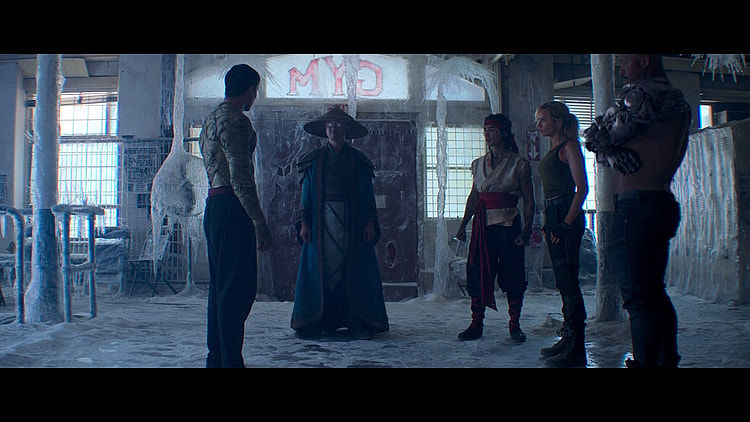
And therein lies another one of Mortal Kombat’s biggest problems, which is that it doesn’t know what it wants to be, constantly flip-flopping between wanting to be an accurate adaptation of the video game and wanting to create a new ‘version’ of Mortal Kombat that’s more digestible to casual viewers.
As we’ve seen time and time again with nearly every single video game film ever made, this indecision resulted in the film having absolutely no identity of its own.

(As an aside, I feel as if this indecision was almost assuredly led by studio meddling, considering both how McQuoid’s pedigree is in commercials and how corporate Hollywood loves to hire low-profile directors to helm large projects in order to allow studios to exercise large amounts of control over a given production.)
Like an insecure teenager, Mortal Kombat exists behind a wall of irony, scared of being seen genuinely engaging with the source material, yet doing almost everything for the approval of both the fanbase and audiences.
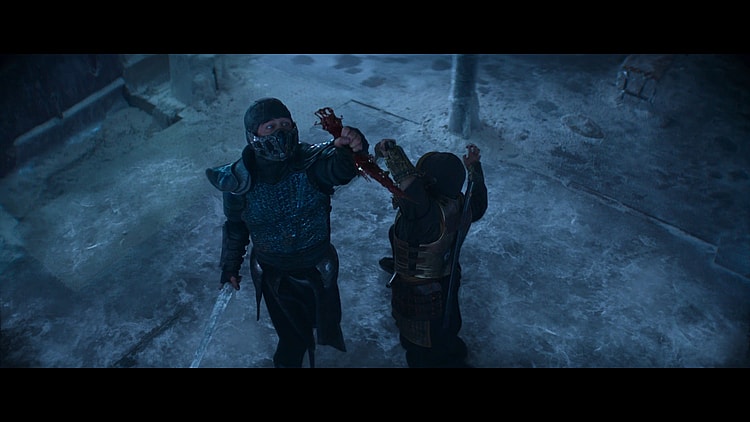
As for the actors themselves, there’s not a lot to talk about. The cast does a serviceable job with the script they were given, with the sole exception of Cole and his discount Keanu Reeves act, but the script itself is so lackluster that it leaves the character feeling, again, generic.
It’s hard to imagine that fans will be quick to point to the characters as their favorite part of the film, or even remember most of their personalities after the credits roll. Though, a case can be made for Kano, as Josh Lawson is clearly giving his all and having fun with the character despite absolutely no such level of care being put into the rest of the film.

Now, to be fair, rarely is a movie completely without a redeeming quality, and for Mortal Kombat, ironically enough, its strength is its visuals.
The film definitely delivers on the series’ signature gore, with characters having their arms broken off, hearts ripped out, and even being split in half. These moments, combined with the film’s aforementioned video game accuracy, make the film’s fight scenes at least somewhat enjoyable to watch.
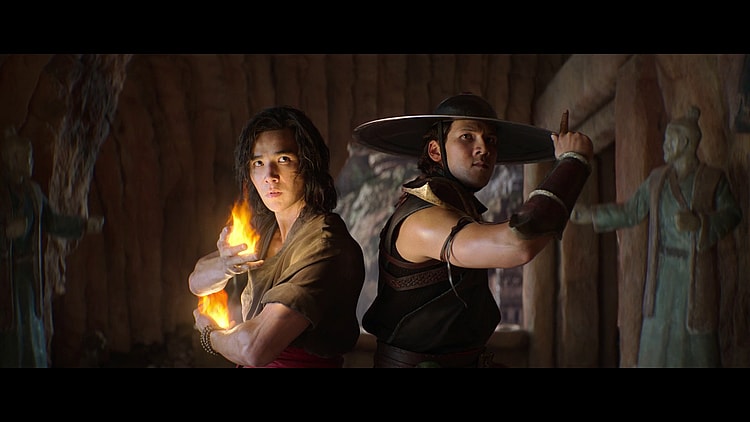
In particular, the fights between Sub-Zero and Scorpion, which bookend the film, are actually incredibly well crafted and entertaining to watch.
So much so that one wonders why the film didn’t just focus on the conflict between the Lin Kuei and the Shirai Ryu, as a tale of war between two ancient rival ninja clans would’ve been far more entertaining than what we ended up with.

There are also some deep cuts for hardcore Mortal Kombat fans, such as the inclusion of Nitara and freakin’ Reiko among Shang Tsung’s ranks and the reference to Nightwolf and Kotal Khan as ancient Dragon Marked warriors.
However, once the novelty of seeing the video game brought to life in these various ways wears off, you’ll be left to suffer more of the film’s boring and predictable plot, most likely wishing that you were instead playing the games from which these Easter Eggs originated.
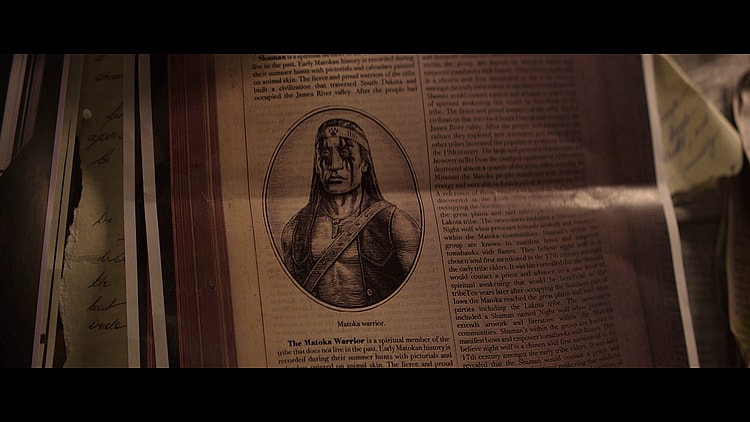
The Verdict
Ultimately, Mortal Kombat feels like a 90-minute-long identity crisis, as the film doesn’t know what it wants to be outside of “very bloody,” much less how it wants to achieve that end.
With not enough of the game’s charm to endear it to fans of the franchise and too little individuality to even think about vying for a spot in the public memory, Mortal Kombat will likely go down as yet another entry in a long list of cinematic video game misfires.
Fans excited to see their favorite characters brought to life would be best served watching a YouTube compilation of the movie’s fight scenes, then putting on the first Mortal Kombat movie, playing almost any of the games (except Special Forces), or even watching Defenders of the Realm.
